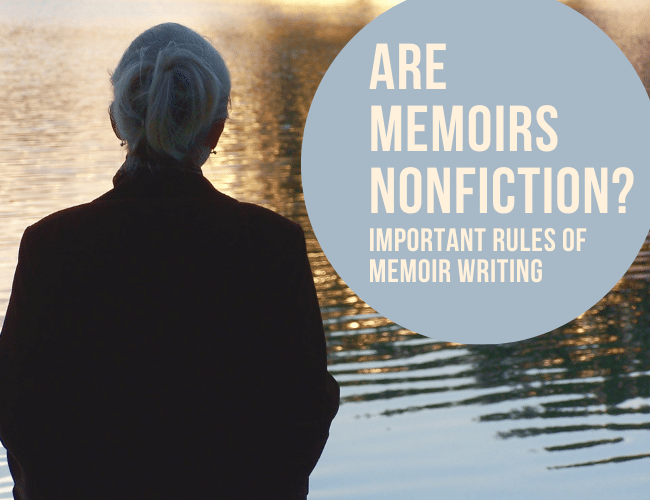
Are Memoirs Nonfiction: Important Rules of Memoir Writing
Are you writing a memoir or novel? Are memoirs nonfiction? Or is there a difference?

Are you writing a memoir or novel? Are memoirs nonfiction? Or is there a difference?
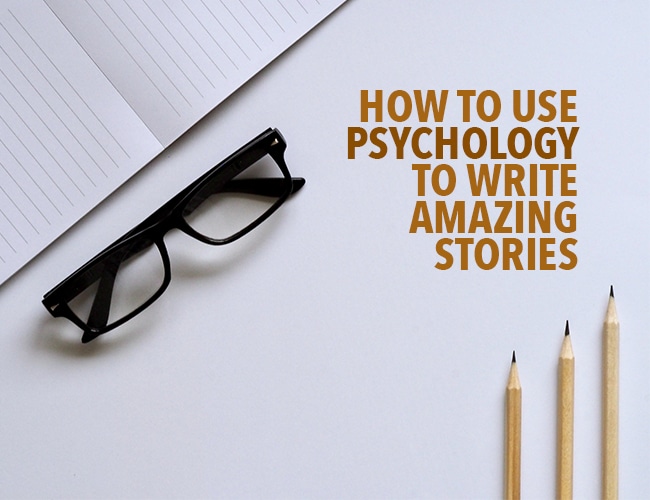
Psychology and writing go hand-in-hand. Both are about understanding how people think and act, and why. But you don’t need a psychology degree to write a good story—just a curiosity about the people around you.
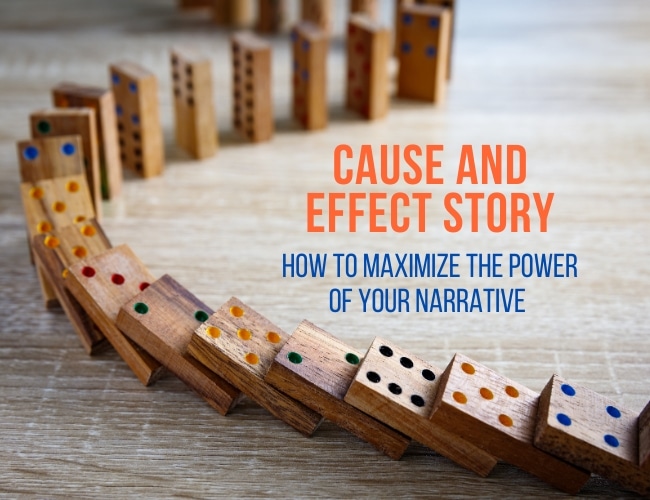
One reason some stories feel flat is because they are missing the cause and effect story elements that push life (and narratives!) forward. How can you maximize cause and effect in your stories?
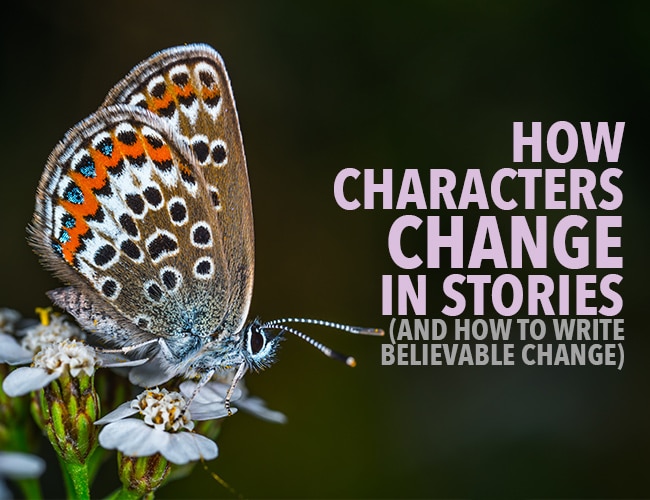
You’ve probably heard this one before: Your character must change throughout the course of your story. Characters need to transform.
I see a lot of confusion over this concept. Writers can normally nail the change (weak to strong; bad to good; cynical to optimistic) but it often comes from a weird place that doesn’t sit quite right with what we know about the protagonist. Or it’s too big of a change (or too much of a “fairy tale ending”) to be believable.
Writers think that great characters need drastic changes, but this isn’t always the case.
Let’s take a look at how writers should deal with character change, and how creating a character arc might make for a more interesting cast and plot.
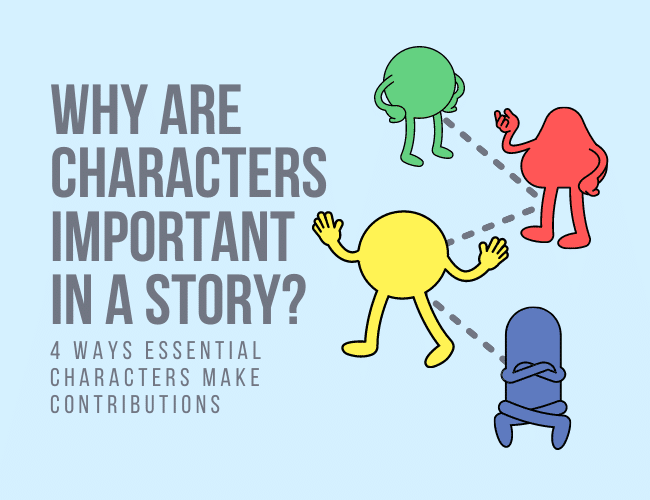
As a writer, you know that a story can’t exist without characters. But have you ever wondered: “Why are characters important in a story?”
Perhaps you’ve questioned an even tougher problem: “When is a character important enough to keep in a story, and when does the narrative work better without them?”
In order for a side character—or any character—to matter in a story, they have to work as an essential character that impacts the protagonist, plot, setting, or another important aspect that shapes or moves a story forward.
In this article, you’ll learn four ways that determine if (1) the character is essential, and (2) how they contribute to a story. You’ll also learn the major types of characters and ways to determine if—for the characters who don’t qualify as essential—you’re better off revising their role, or cutting them from the plot.
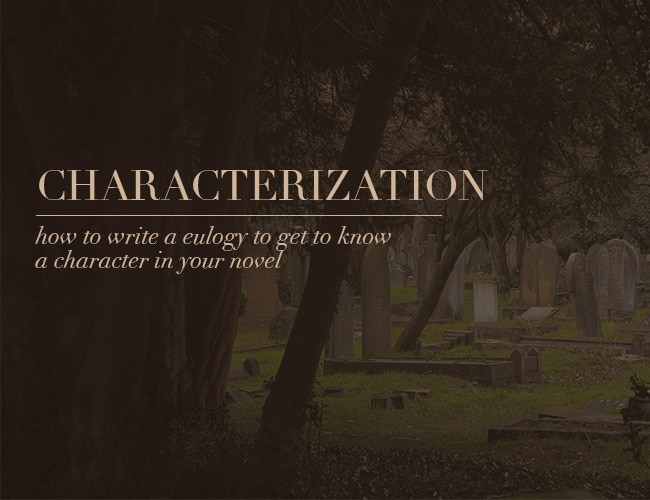
Every great novel has great characters. Great characterization includes a background, flaws, habits, tics, and redeeming qualities. The characters have a life.
There are plenty of ways to get inside your character’s head. You can journal from their point of view, write a character study, or fill out questionnaires about your character. Those methods are awesome but can seem impersonal or just plain tedious at times.
If you need a quicker, more succinct way of getting inside your character’s head, you might consider writing their eulogy.